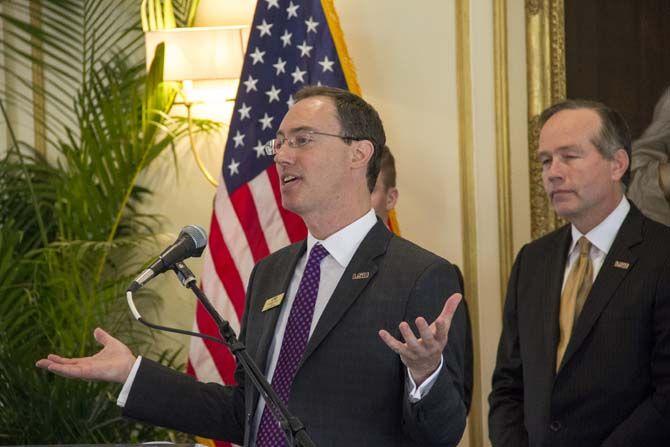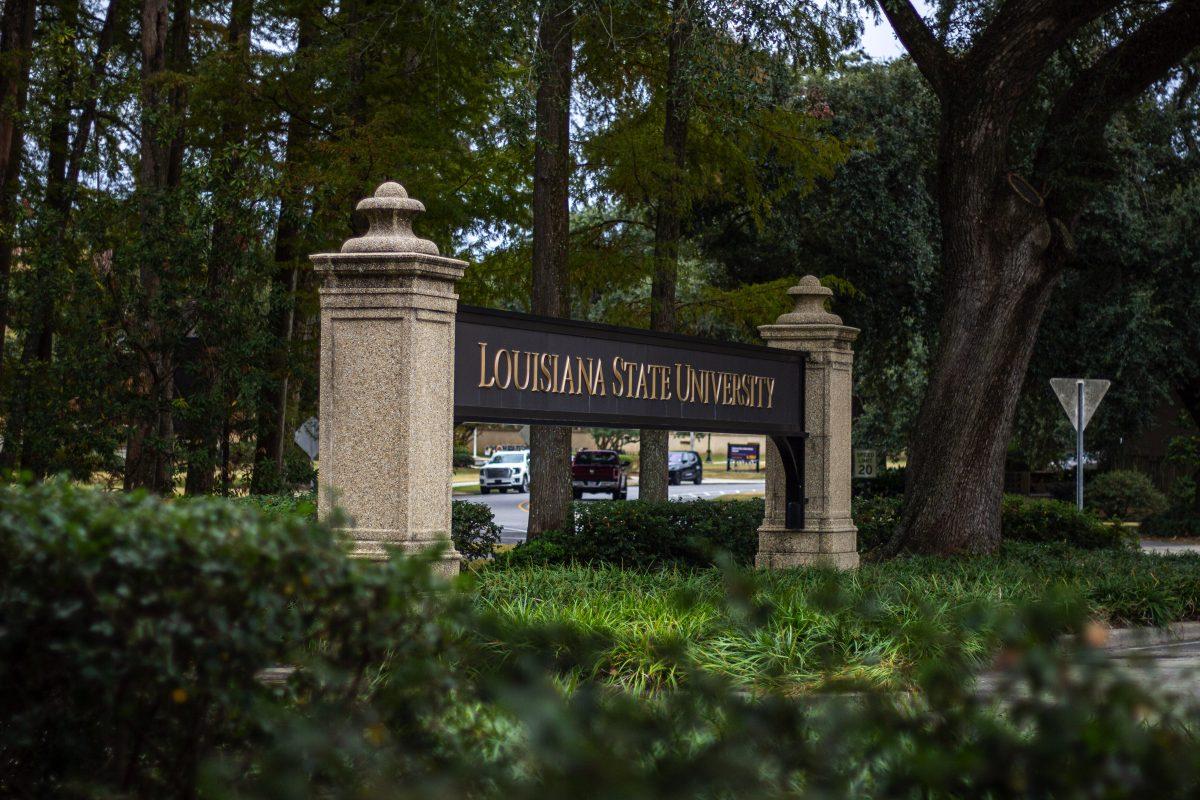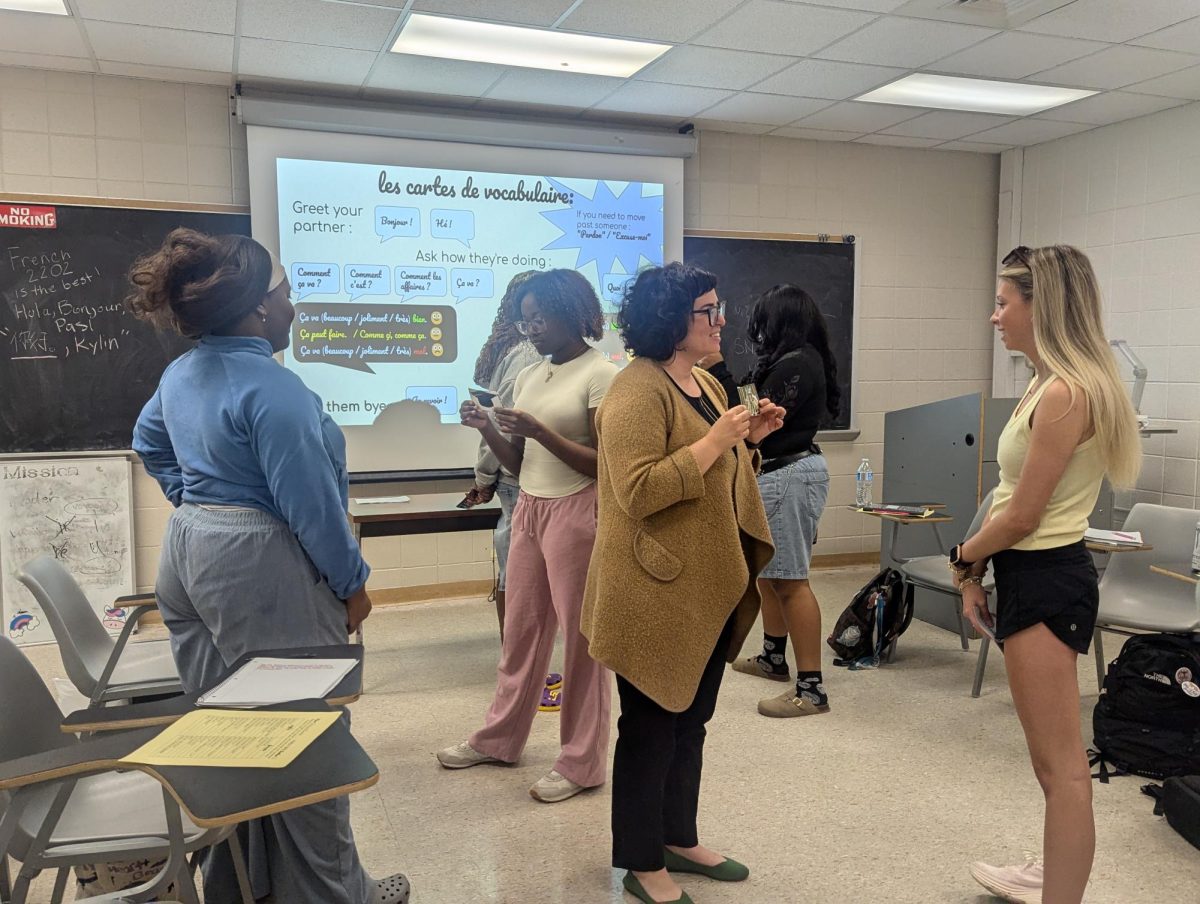Established in 1992, the Roger Hadfield Ogden Honors College carved out an integral part of academic and social life at the University. Occupying 10 acres on the eastern side of campus, the Honors College provides high-achieving students expanded course opportunities and academic advising.
Enrollment increases are an important aspect in the Honors College’s growth. This fall, it witnessed increased freshman class enrollment by 26 percent, with students from 33 states, while elevating its average ACT score from 31.2 to 31.4. In addition, non-white enrollment increased 70 percent since the previous fall semester.
Honors College Dean Jonathan Earle attributed the enrollment growth to the University’s transition to the Common Application program, which saves time and makes applying easier for interested high school students, along with hiring a full-time recruiter. Earle sought to increase Honors College exposure in Louisiana through wide-spread recruiting efforts, along with targeting aspirational areas, such as the suburbs of Houston and southern Alabama.
“We decided to put the pedal to the metal and see we what can do,” Earle said. “I was definitely trying to grow, but I did not expect it to grow as much as it did. That was a pleasant surprise.”
The strategies to attract talent, employed by Earle and others like Honors College recruiter Abbi Griffith, focus on the value of an honors program education. The Ogden Honors College offers students the opportunity to both engage in rigorous academic programs rivaling those at elite schools while experiencing the social climate of LSU.
“You have the feel of a private college,” Griffith said. “You have small classes. You live with your peers. You interact with your teachers, but also you have the resources available at a large research institution like LSU.”
The enrollment increase caused the Honors College to double its course offerings in some cases, such as with Honors 2000. In the Spring 2019 semester, 29 honors courses will be offered, on topics ranging from the psychology of entertainment to post-colonial Africa. The growth is also seen in the Laville Honors Housing. According to Earle, the Honors College had previously never filled Laville with honors students until this semester.
“It’s much easier to get things done, listen and ask the professor questions in the smaller environment of an honors college class,” said theater freshman Rain Scott-Catoire. “It’s much better than having 200 people in a lecture class where you can’t really ask questions. We get to do that in honors classes, which is really nice.”
Honors College applicants must have a 3.5 weighted-high school GPA, a 30 composite ACT or a 1360 SAT score and a completed ACT or SAT writing test. Once accepted to the Honors College, students are required to take 32 total Honors course hours, maintain a 3.5 GPA and complete a senior honors thesis project to graduate with the honors distinction.
“The biggest thing I have noticed is the increase in classes and as an upperclassman, I have just seen so many new honors students come in and stay in,” said history junior Jules Broussard. “I see more and more familiar faces every day.”
Despite enrollment increases, Earle is satisfied with the current honors college admissions requirements and does not expect a change to them in the near future. The struggle for honors colleges is balancing access and excellence, Earle said.
“There is a real sense that this place is the tip of the spear for LSU,” Earle said. “By talking about our great honors college, we can positively affect the campus. It’s not just the numbers, like GPAs and ACTs scores. These are people who tend to be leaders on campus. It affects the whole university’s student body.”








